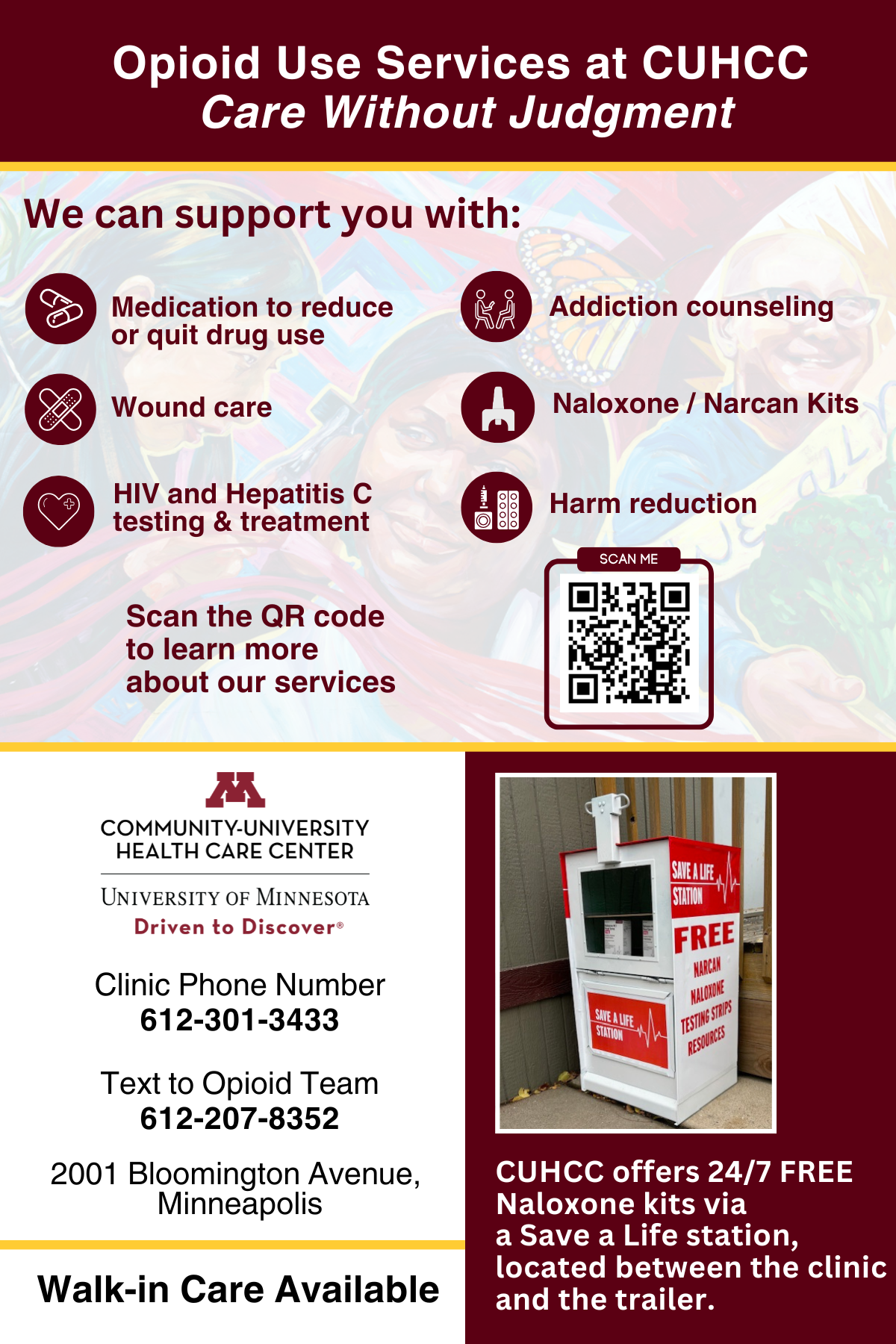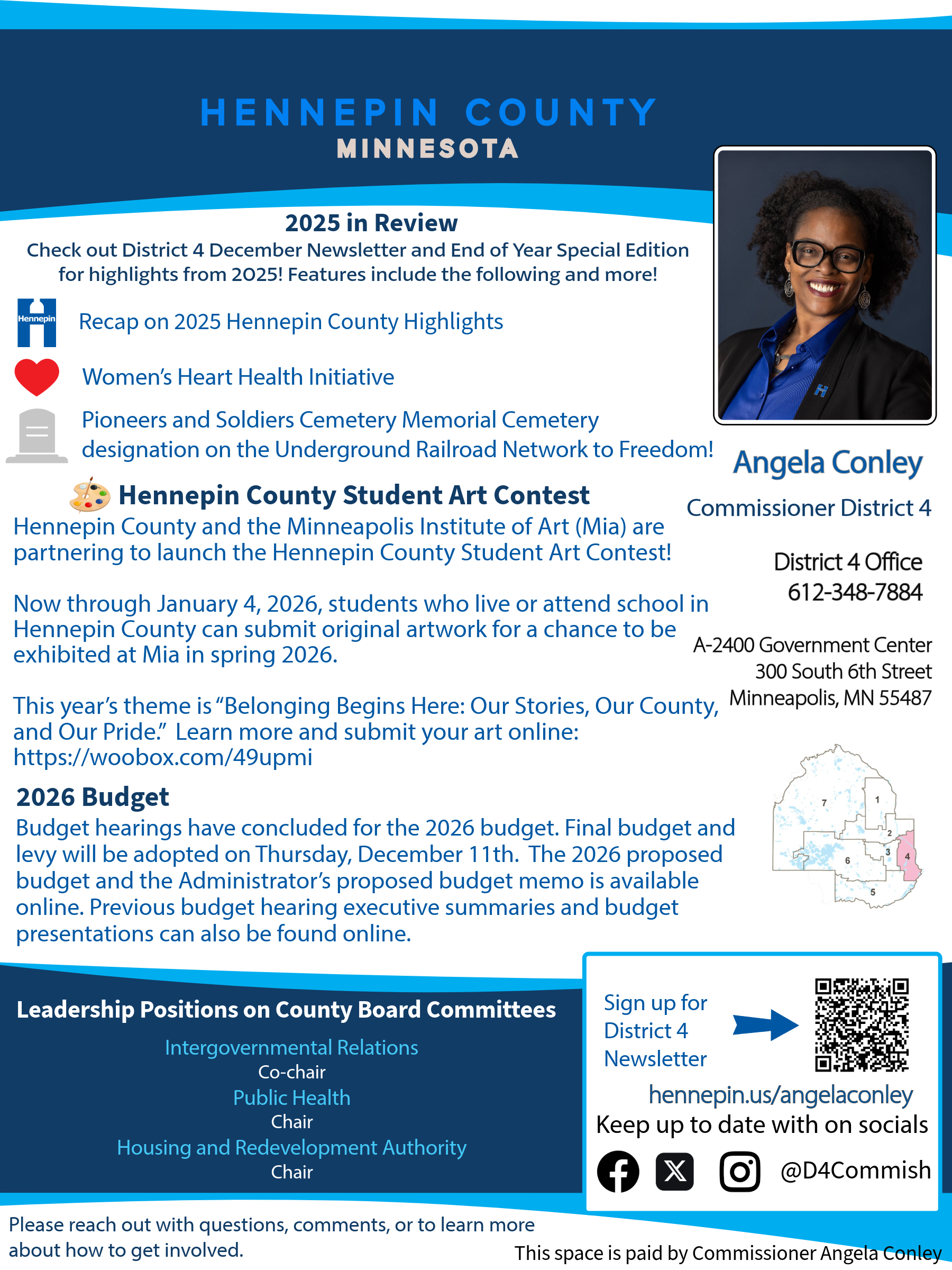By LINDSEY FENNER
After over a year working in public health as a pandemic responder, I am back doing my pre-pandemic work. And although this doesn”™t mean the pandemic is over, it does mean this column is at an end. I started writing it because I wanted people to have something to hold onto within the swirl of pandemic uncertainty and anxiety. I realized very quickly that no matter what my job description was on paper, what I was really doing was struggling with people through uncertainty. My job was to listen, to talk through complicated realities that didn”™t fit neatly into a box, to help people who were sick make decisions when there wasn”™t a clear correct choice. And now, after my job is over, what is there to say about what we have all been through together?
We are all connected. Which is nothing new, but doing this work meant relearning that every single day. In my role doing case investigation/epidemiology we called people one by one, asking them questions about their individual actions. But in every individual conversation, we were really teasing out all of these threads of connection. How one thing led to another, led to this particular person I was talking to on the phone being infected. This is after all how infectious diseases work, and why this work is done by “public” health and not your personal healthcare provider.Â
And each individual conversation was so important, especially at the beginning when there was so much we didn”™t know. Each person had a story. And these stories, as lived experiences, all matter. And parts of that story became data points on a graph. This shouldn”™t be seen as something purely reductive or dehumanizing. These data points, made up of stories, collectively helped tell the policy makers what to do next.
We could have done better. Sometimes the wrong decision was made by people in power. Sometimes there was no good choice: no clear scientific evidence to help make a decision, or a choice where no matter what was decided, someone would be harmed. We could have done better. Too many people got sick and died through routes that were preventable. And yes, sometimes that was because of personal choices. They took a chance. They didn”™t believe COVID was real. But sometimes they just didn”™t know how to make a safer choice. We could have done better. Too many people didn”™t have access to paid sick leave or safe workplaces or adequate protective equipment or support for isolation or quarantine or caregiving. We could have done better, in so many ways.Â
In order for public health to work, we need people to trust us. But many people had no reason to trust us. Because we were part of a government that didn”™t seem to care, because of historical and present-day white supremacy and oppression. Because of political ideologies where government is always the bad guy. This pandemic isn”™t over yet, but we need to start learning from it and figuring out how we respond better. How do we build this trust? How do we create better safety nets that people don”™t fall through? How can we communicate more clearly about science and uncertainty and risk? How do we center communities over individuals when making policy?
And how do we never ever forget how each of us are connected?
MINNESOTA COVID-19 PUBLIC HOTLINE:Â
For questions related to the COVID-19 pandemic, call
1-833-431-2053Â
Mon.-Fri.: 9 a.m. to 7 p.m.Â
Sat.: 10 a.m. to 6 p.m.Â
Hennepin County Navigator Line: Call the COVID-19 navigator line with questions or for help registering for a vaccine appointment
We want to ensure that everyone, including people with language or technology barriers, can get their COVID-19 vaccine questions answered and sign up for a vaccine appointment. Call the Hennepin County COVID-19 navigator line at 612-348-8900. Help is available in English, Spanish, Somali, and Hmong.
Español: Queremos asegurarnos de que todos, incluyendo las personas que la barrera es el idioma o la tecnologia, puedan obtener respuestas a sus preguntas sobre la vacuna COVID-19 y puedan inscribirse para una cita para recibir la vacuna. Llame al 612- 348-8900 para obtener ayuda en inglés, español, somali y hmong.
Soomaali: Waxaan doonaynaa in aan hubino in qof kasta, marka lagu daro dadka dhibaatadu ka haysato luqada iyo tiknoolojigu, ay heli karaan jawaabaha su”™aalohooda talaalada COVID-19 ayna isu diiwaan gelin karaan balanta talaalka. Wac 612-348-8900 si aad u heshid caawimaad luqdaha English, Spanish, Somali, iyo Hmong.
Hmoob: Peb xav kom txhua leej txhia tus nrog rau cov tsis paub lus zoo, los sis, tsis paub txog kev mus siv saum huab cua, uas yuav txais tau tej lus nug thiab tej lus teb txog koob tshuaj tiv thaiv tus kabmob COVID-19 thiab sau npe teem caij txhaj koob tshuaj. Yog xav tau kev pab hais ua lus Askiv, Spanish, Somali, los sis Hmoob, hu rau tus xov tooj 612-348-8900.
Lindsey lives in East Phillips and worked a COVID response reassignment in local public health from May 2020-May 2021. She would like to remind everyone that the pandemic isn”™t over until it is over for everyone.

TRAVEL GUIDELINES
By MINNESOTA DEPARTMENT OF HEALTH
Masks are required on planes, buses, trains, and other forms of public trans- portation traveling into, within, or out of the United States and in U.S. trans- portation hubs such as airports and stations. For more information, visit CDC: Requirement for Face Masks on Public Transportation Conveyances and at Transportations Hubs.
If you have a condition or are taking medication that weakens your immune system, you may NOT be fully protected even if you are fully vaccinated. Talk to your healthcare provider. Even after vaccination, you may need to continue taking all precautions.









